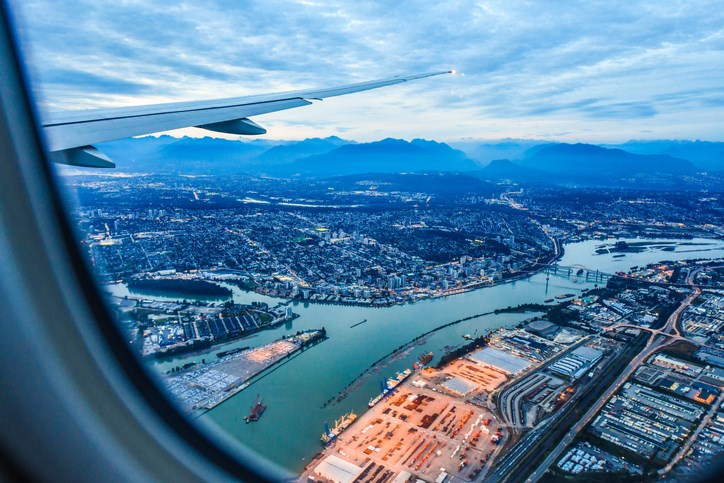Ottawa was putting expanded quarantine areas plans in place last fall, long before Prime Minister Justin Trudeau announced Jan. 29 travelers paying $2,000 for hotels and being put into a ‘designated facility.’
It was Sept. 16 that Public Works and Government Services Canada issued a for “feedback from current service providers.”
At that point, the RFI said, the Public Health Agency of Canada (PHAC) was managing 11 designated quarantine sites in nine cities nationwide, with capacity for 1,600 travellers.
PHAC regional staff was responsible for the management of nine quarantine sites with logistics, cleaning, transportation, food and nursing services provided by external providers.
The sites were being used to address the COVID-19 14-day quarantine requirements for international travellers without a suitable place to isolate.
It’s into this milieu that Trudeau wants to put travellers after Jan. 31.
He restated the year-old restriction that all international travellers would only be able to land at Vancouver, Calgary, Toronto and Montreal airports.
Travellers who arrive in those cities will be required to take a PCR (polymerase chain reaction) test at the airport to determine if they have COVID-19.
Those travellers will then be required to wait at an approved hotel for up to three days at their own expense as they await test results.
Trudeau estimated the cost of the hotel stays would run about $2,000.
Those who test negative will be able to quarantine at home, while those international travellers who test positive will be sent to a designated government facility to quarantine.
However, the prime minister was silent on how long the situation may last.
The RFI is not.
“In anticipation of a possible continued need for quarantine sites over the next one to two years given the COVID 19 pandemic, PHAC is considering having a third party service provider provide and manage the existing sites and all of the related services on its behalf,” the RFI said.
Most frequent use and largest numbers at sites are estimated for Vancouver, Calgary, Toronto and Montreal.
“These could be hotels or other buildings where individuals, couples and/or families can be housed and provided the necessities of life,” the RFI said. “It will be important that the lodging be in close proximity to both the airport/port of entry and to an acute care hospital.”
The sites would need infection controls, food service, 24/7 security, transportation, nursing supports and daily cleaning and disinfecting.
The RFI also lists other sites in Kelowna, Winnipeg, Regina, Fredericton, St. John’s and Whitehorse.
Future possible locations could be in Saskatoon, Windsor, Niagara, Ottawa, Sault Ste. Marie, Winnipeg/Thunder Bay, Quebec City, Charlottetown, Iqaluit and Yellowknife.
Ottawa hopes to award contracts by March 31.
The issue is covered in the Public Health Events of National Concern Payments Act with $4.45 billion earmarked for medical research, countermeasures, vaccine funding, border and travel measures and isolation sites.
B.C.’s Ministry of Health said PHAC is the lead agency on federal isolation sites and has existing relationships with Â鶹´«Ã½Ó³»International Airport-area hotels.
“These hotels have been used through the pandemic to isolate individuals who arrive to Â鶹´«Ã½Ó³»without a plan for a place to quarantine for the 14-day period, or for international travellers who have arrived from a territory where a pre-departure PCR test is not available per the new testing requirements introduced Jan. 6,” the ministry said in a statement.
“Generally, hotel locations are not made public for privacy and security reasons,” the ministry said.
@jhainswo


